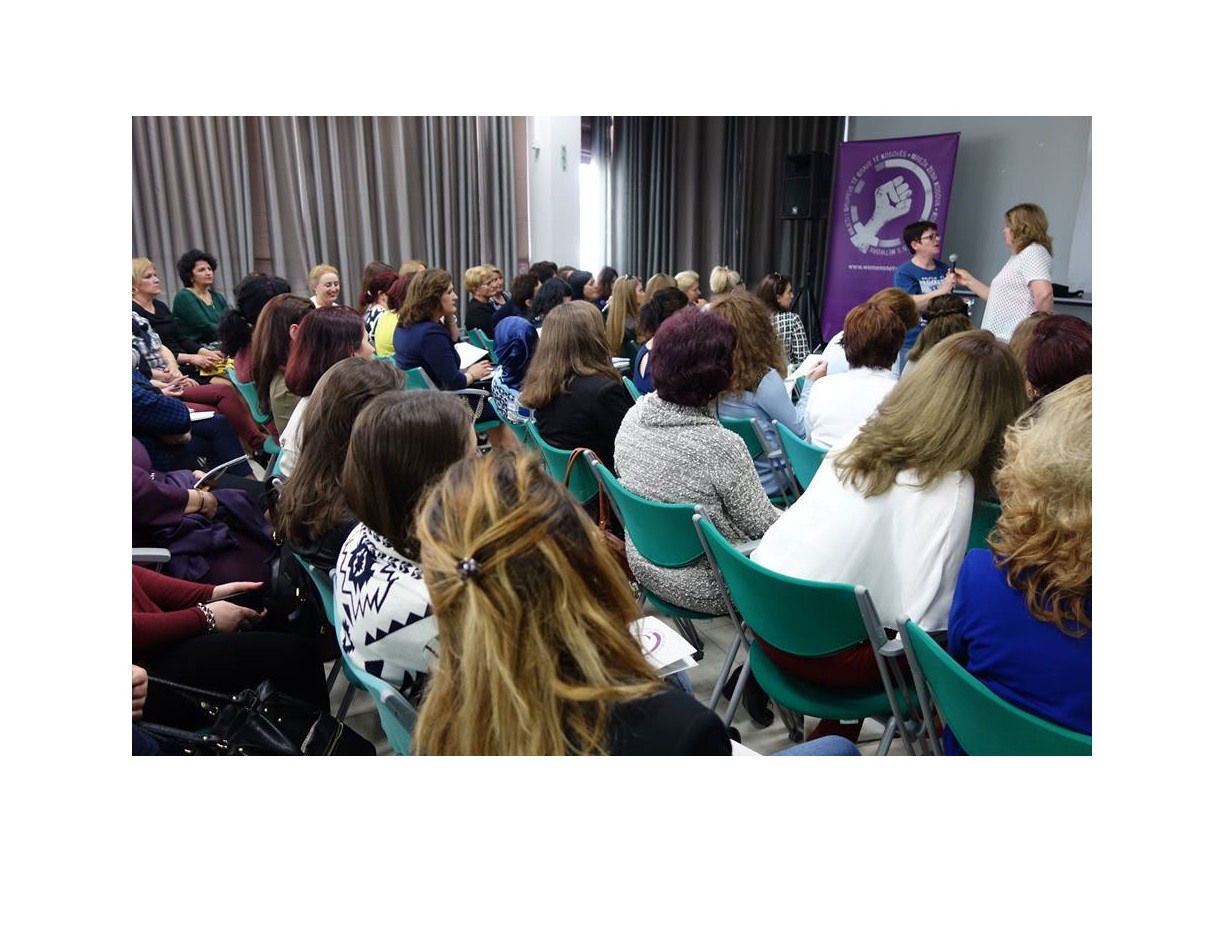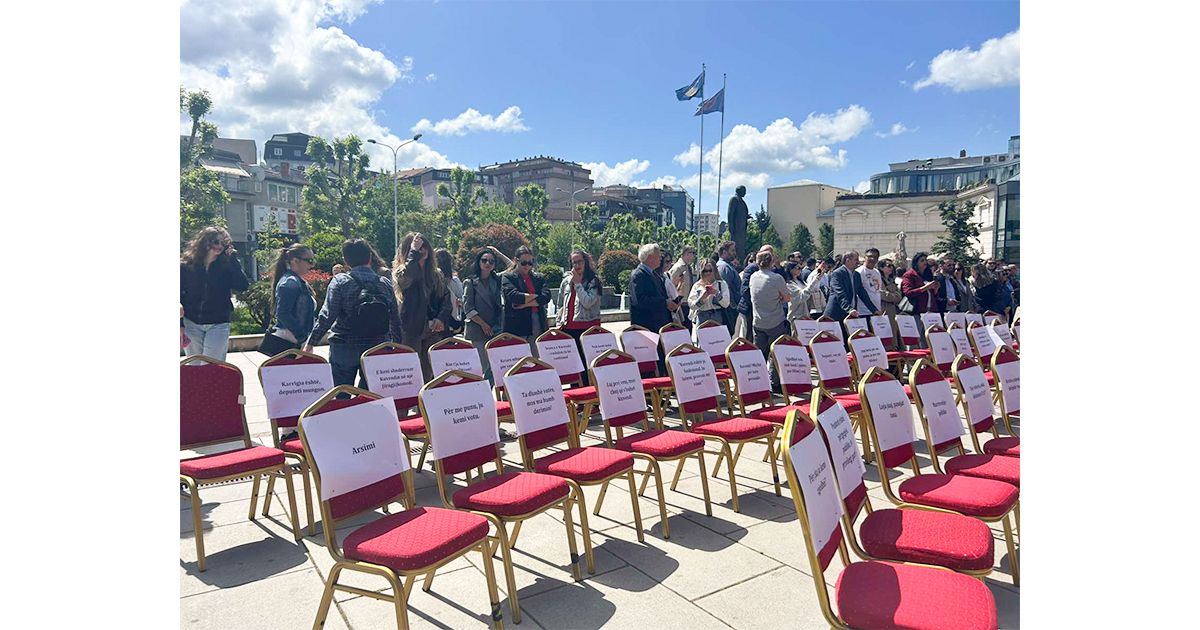During April 1-3, Kosovo Women’s Network (KWN) organized a meeting of Lobby for Gender Equality in Durres, Albania. The theme of this meeting was “Gender equality, women’s human rights and Kosovo’s accession process in the European Union (EU)”. Diverse 115 women participated, including officers for gender equality, the representative of KtK, KWN staff and assembly members and representatives of KWN members from 26 different municipalities in Kosovo.
Through this three day meeting it was discussed how EU legislation is applied in Kosovo and what is meant to be achieved through EU’s 2016-2020 Gender Action Plan. Also, the meeting aimed to show the importance of lobby members in contributing to this process in advocating for women’s human rights and gender equality. Furthermore, Lobby groups took the opportunity to share their achievements from advocacy initiatives done in their respective municipalities for 2015 pertaining to gender equality, and their newly planned initiatives for 2016.
Among others, Mimoza Shala, assembly member from Gjakova stated “what we have done so far is solely a scratch of the surface and the situation needs to change fundamentally; what we have done is only 10% of our work”.
In order for women to contribute and be involved in Kosovo’s EU accession process, they worked in ten different groups with different subjects, including: women’s involvement in politics, gender pay gap, professional training and education, poverty from a gender perspective, health, childcare, migration and human trafficking, pensions and informal economy. They discussed and then presented their recommendations which will be drafted into a policy brief by KWN. From these recommendations, KWN will have more extensive knowledge on what the needs and priorities of women and girls are, and how KWN and relevant stakeholders can help and work to improve the lives of girls and women in Kosovo. This meeting was supported by Kvinna till Kvinna with financial support from the Swedish Embassy.



